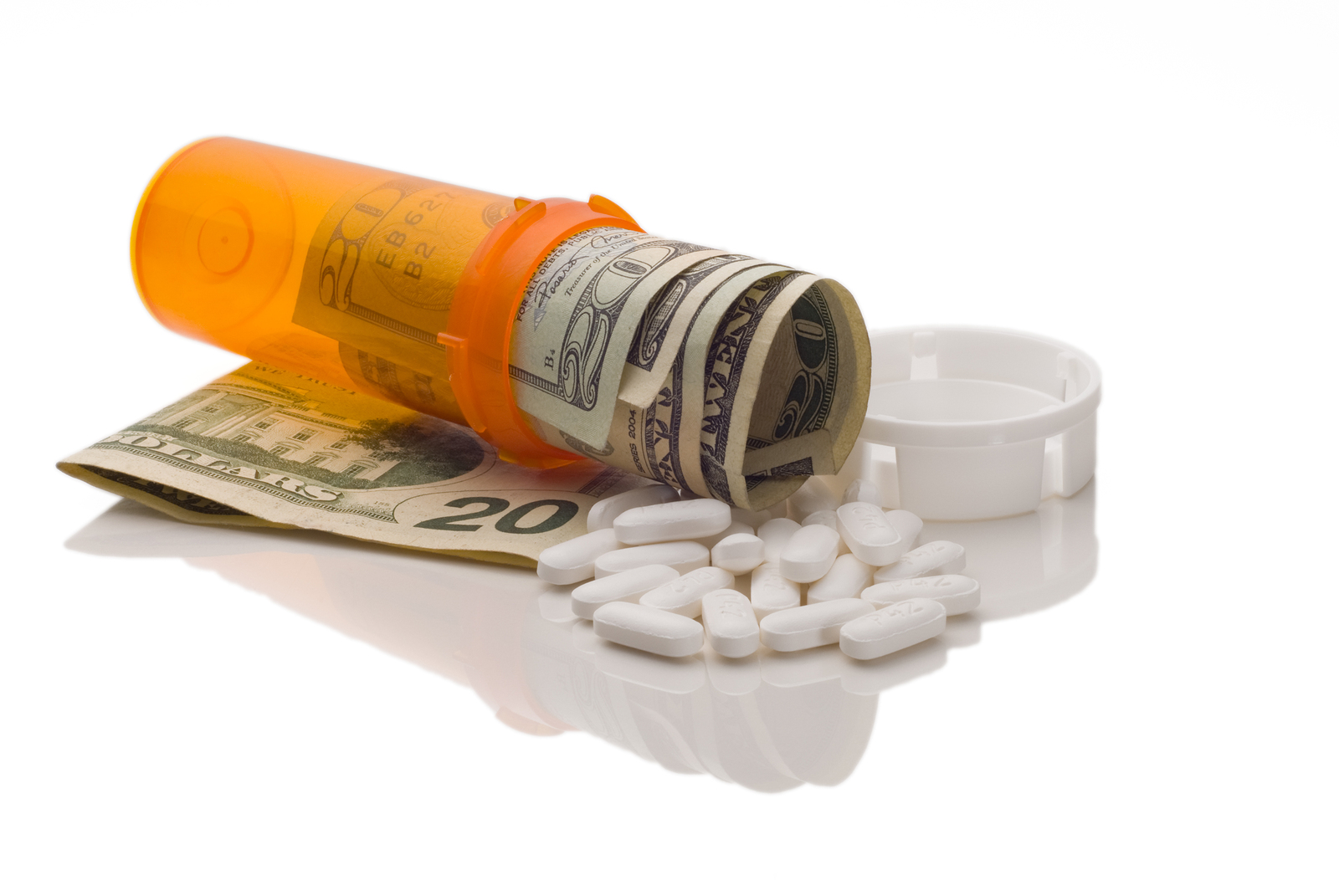Ozempic has dominated headlines for helping millions of people treat chronic and life-threatening conditions like diabetes, high blood pressure, cardiovascular disease and obesity. While Ozempic’s effect absolutely deserves attention, the science behind it does not: Ozempic belongs to a class of drugs that have proven safe and effective for two decades.
Yet, these drugs are becoming more expensive. In 2024, the pharmaceutical company behind Ozempic raised its price by 3.5 percent, bringing the cost up to nearly $12,000 for a year’s supply. It’s not just Ozempic. Across the board, pharmaceutical companies are welcoming the new year by increasing prices on hundreds of other prescription drugs.
Why do prices continue to soar, even for old drugs? One oft-overlooked reason is pharmaceutical companies’ use — and abuse — of the patent system. By acquiring numerous patents, drug companies amass “patent thickets” that block competition. Some of those patents may represent true inventions, but many describe only trivial or obvious changes to old treatments. As a Public Citizen report found last year, drug companies regularly obtain and use low-quality (i.e., likely invalid) patents to extend their monopoly status so that they can bar generic competitors from the marketplace and keep raising drug prices. Big Pharma gets richer, but American patients get poorer— and sicker.
Some in Congress, however, want to gut one of the few tools for addressing drug patent thickets, the Patent Trial and Appeal Board. The PTAB is part of the U.S. Patent and Trademark Office, where people and organizations can challenge invalid patents, including those that wrongly extend drug monopolies, inflate prices, and block competition. Of course, patent owners have ample opportunity to defend their patents. The PTAB will only invalidate a patent if two of three judges with scientific and legal expertise agree based on the weight of the evidence and arguments.
The PTAB could have a major effect on Ozempic’s future. In 2023, generic companies challenged the validity of the latest-expiring Ozempic patent and the PTAB initiated a review. The PTAB’s final decision should have been issued by October 2024. The owner of the Ozempic patent, Novo Nordisk, settled with the companies challenging its validity and asked the PTAB to end the proceeding before issuing a final decision. While we do not know what that final decision would be, the PTAB agreed to review the patent because it concluded there was at least a reasonable likelihood of invalidity. If the PTAB confirms that determination and its decision becomes final, the Ozempic would come off patent — and generic competition would be possible significantly sooner.
PTAB review has proven to be a powerful tool for reducing wrongly inflated drug prices in other cases. An analysis by the Public Interest Patent Law Institute shows that the price of five drugs dropped drastically — in some cases, up to 98 percent — after successful PTAB challenges.
One case involved rivastigmine, a common drug used to treat dementia. PTAB review eliminated patents that had survived challenges in District Court where the judge conceded the evidence was too complex, leaving him to rely on witness credibility instead of scientific facts. PTAB judges decided the challenge based on the evidence, which they, like all PTAB judges, had the necessary scientific and legal expertise to understand. The effect on rivastigmine’s price was swift and stark: generics entered, and the price dropped by 80 percent.
Given the PTAB’s essential role in addressing wrongly inflated drug prices, the Promoting and Respecting Economically Vital American Innovation Leadership Act is deeply troubling. The legislation would restrict access to PTAB review, making it more difficult, expensive and risky to challenge patents that should never have been granted. Despite these serious dangers, the bill narrowly passed the Senate Judiciary Committee, with committee members expressing concerns about its effect on drug prices.
Instead of addressing these concerns, PREVAIL’s proponents try to minimize the PTAB’s effect by pushing data showing generic drugmakers are not among the PTAB’s most frequent petitioners. A fuller picture of patent metrics shows that petitions challenging drug patents are overrepresented at the PTAB, given how many more patents are issued in other fields. The number of PTAB petitions is not what matters. What matters is the magnitude of the price reductions that follow successful reviews of invalid drug patents.
Congress should be doing everything in its power to lower prescription drug costs, not shield drug companies from scrutiny. Let’s hope the 119th Congress will swiftly and decisively reject the PREVAIL Act. The lives and livelihoods of millions of Americans depend on it.


